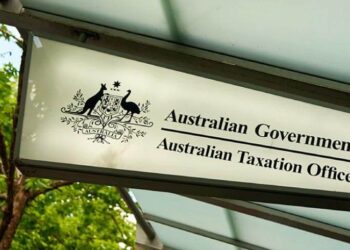Class chief executive Kevin Bungard said while it’s relatively easy for SMSF practitioners to access information about any events that might occur in their client’s fund, accountants have traditionally not looked at their client’s SMSF until the next lodgement season.
This could cause problems under the transfer balance account reporting (TBAR) he warned, where an SMSF trustee starts a pension for example and the accountant is unaware or not watching what is happening.
“The practice [may need] to have someone whose job every morning is to watch what’s happening and look out for anything that the firm needs to be on top of, [who] contacts the trustee to say ‘hey, I’ve just noticed you’ve taken money out above your pension minimum, we’re going to have to do some extra work around this now’,” explained Mr Bungard.
If the SMSF practice is not watching, he said, there is a danger that four months will go past and the reporting deadline will be missed and there could be a fine or the client might miss out on the ability to claim that credit from their transfer balance cap.
“I think that’s where you’ll start to see some disappointed people if the administrator or accountant hasn’t been on top of what’s happening and they end up missing their deadlines,” he warned.



Previous articles have stated that only commencements and commutations are to be reported.
This article implies that every withdrawal above minimum pension amount is a deemed commutation. Given there is no upper limit on pension payments (other that TRIS), how can this be the case? Surely a pension payment is a pension payment – whether it’s a fixed amount every month, a few odd ones during the year, or one big one at year end. A commutation can only be effected at the specific request of the member, with all appropriate forms completed before payment. Completely different scenario.
Also, not sure how an accountant could ever be “unaware” that a client has commenced a pension but, if somehow they were, would it not be incumbent on the advisor who prepared the documentation to report the commencement to the ATO………..and then to the accountant?